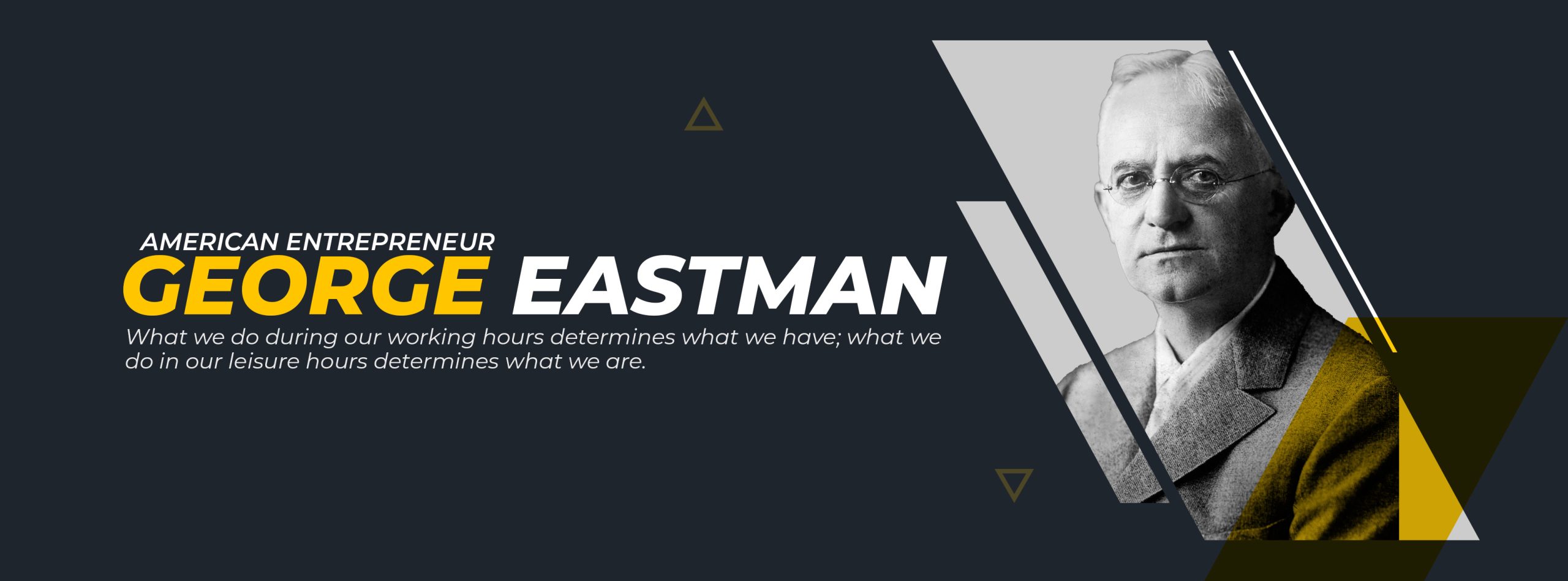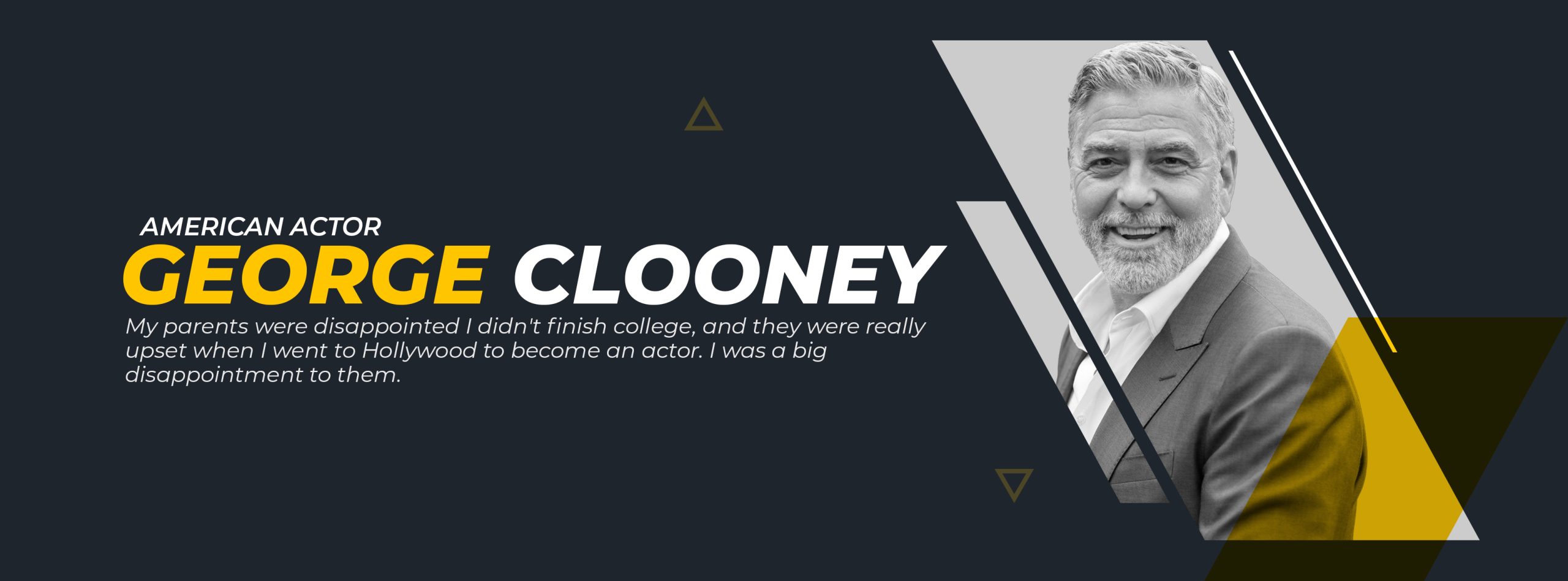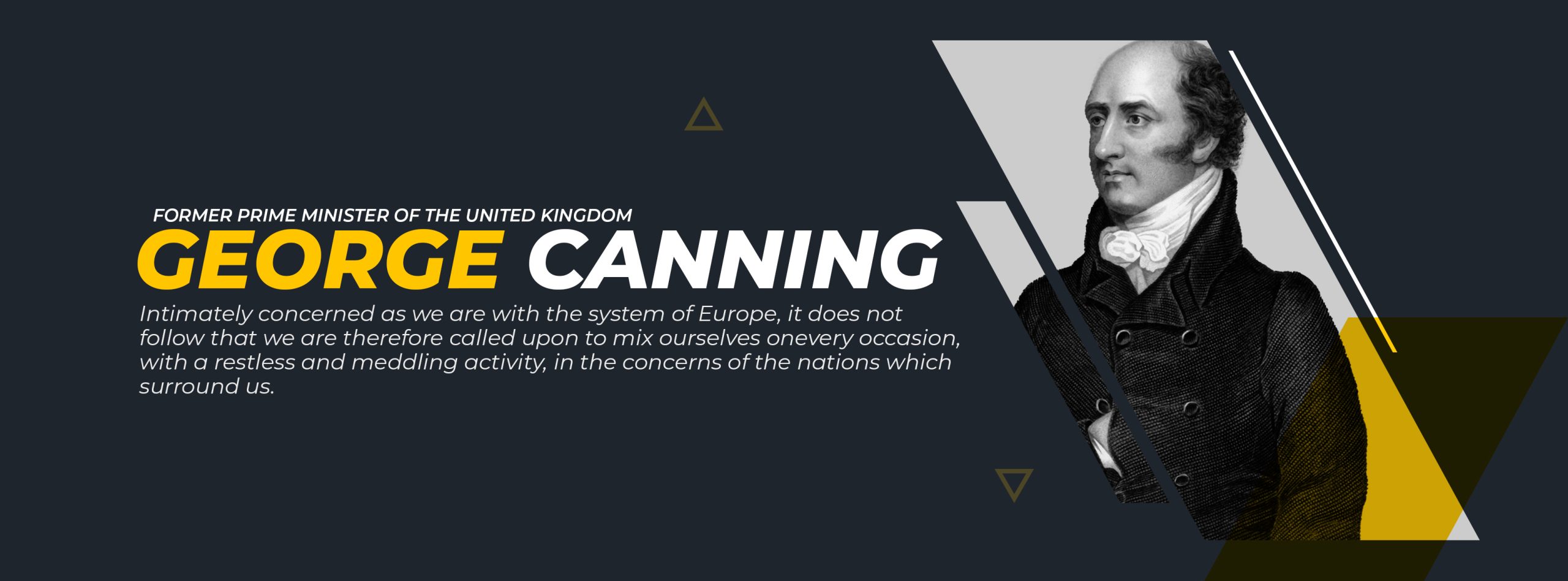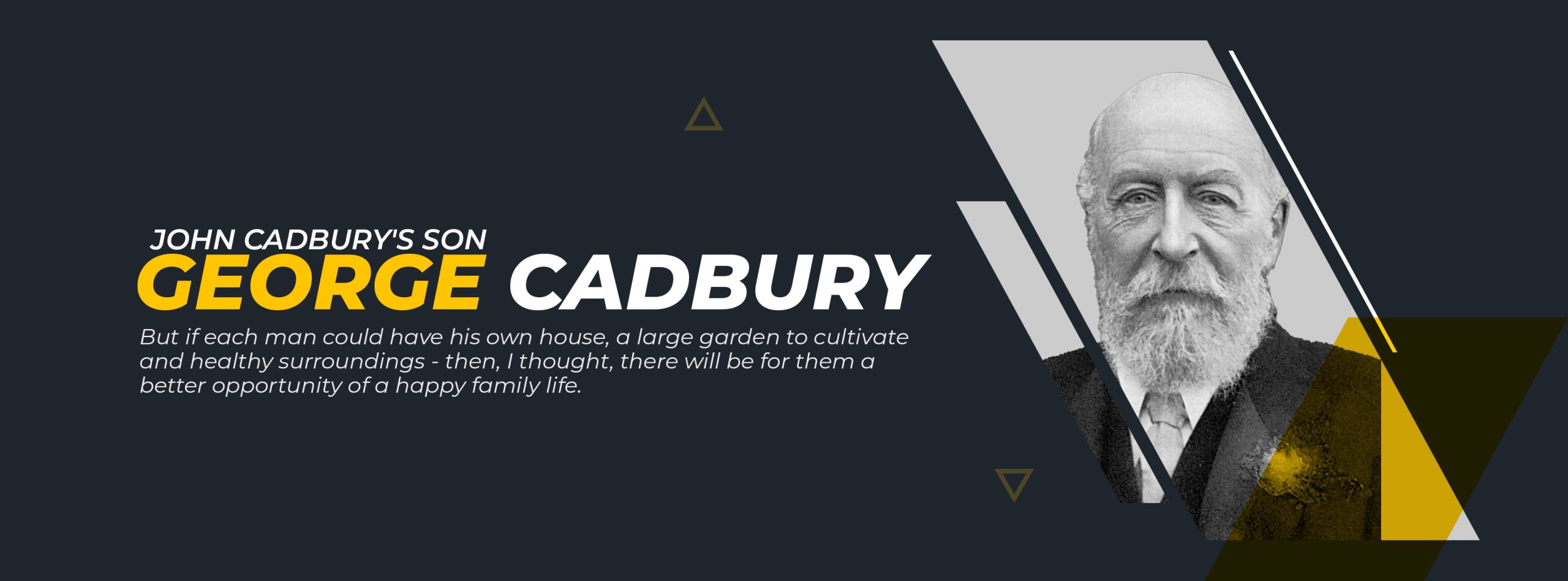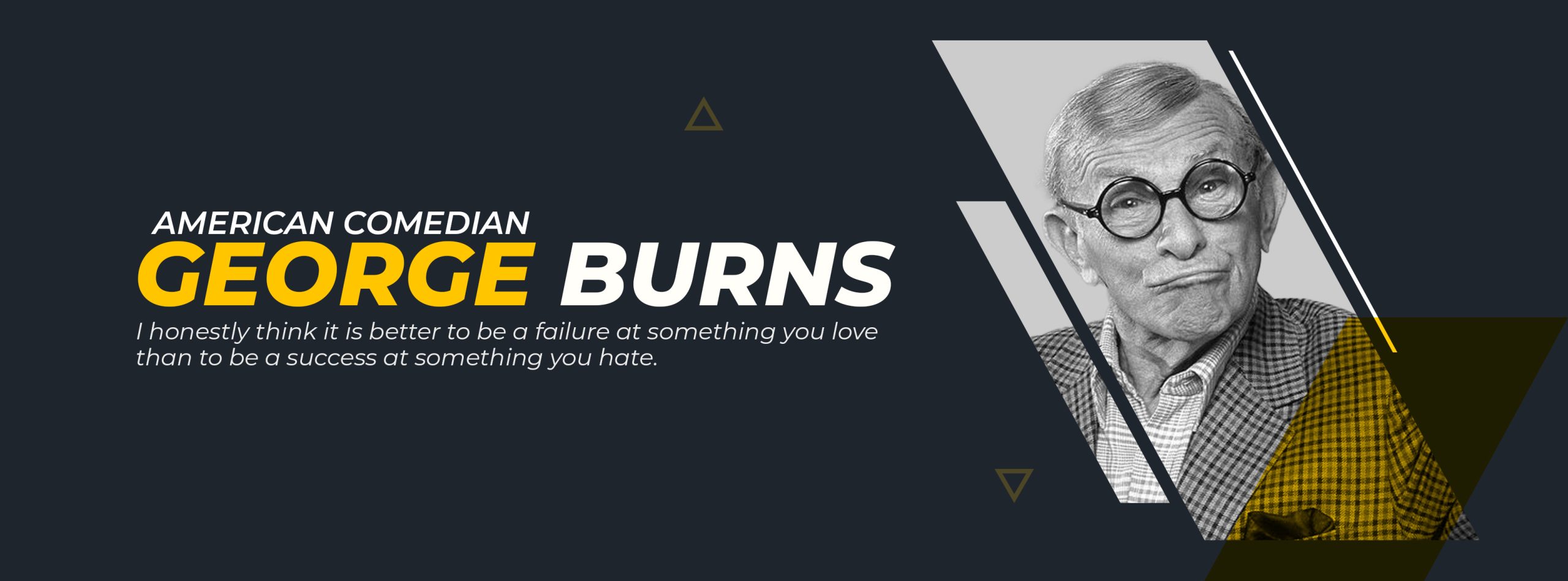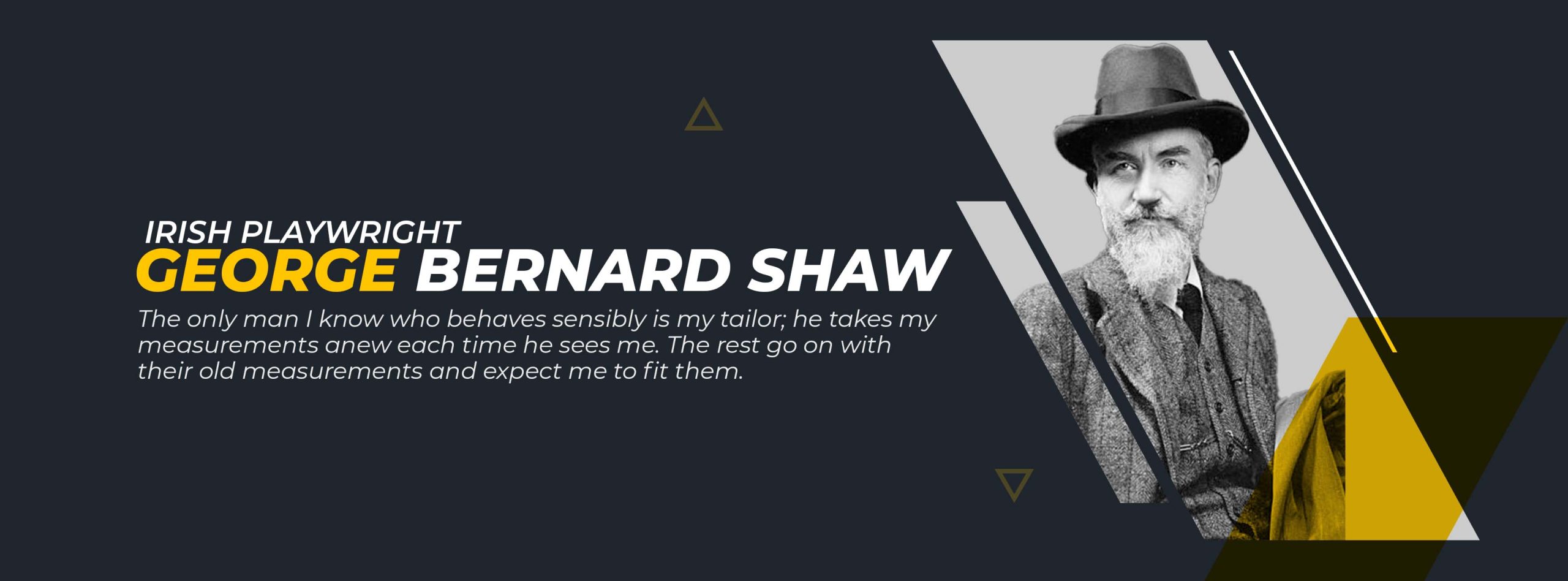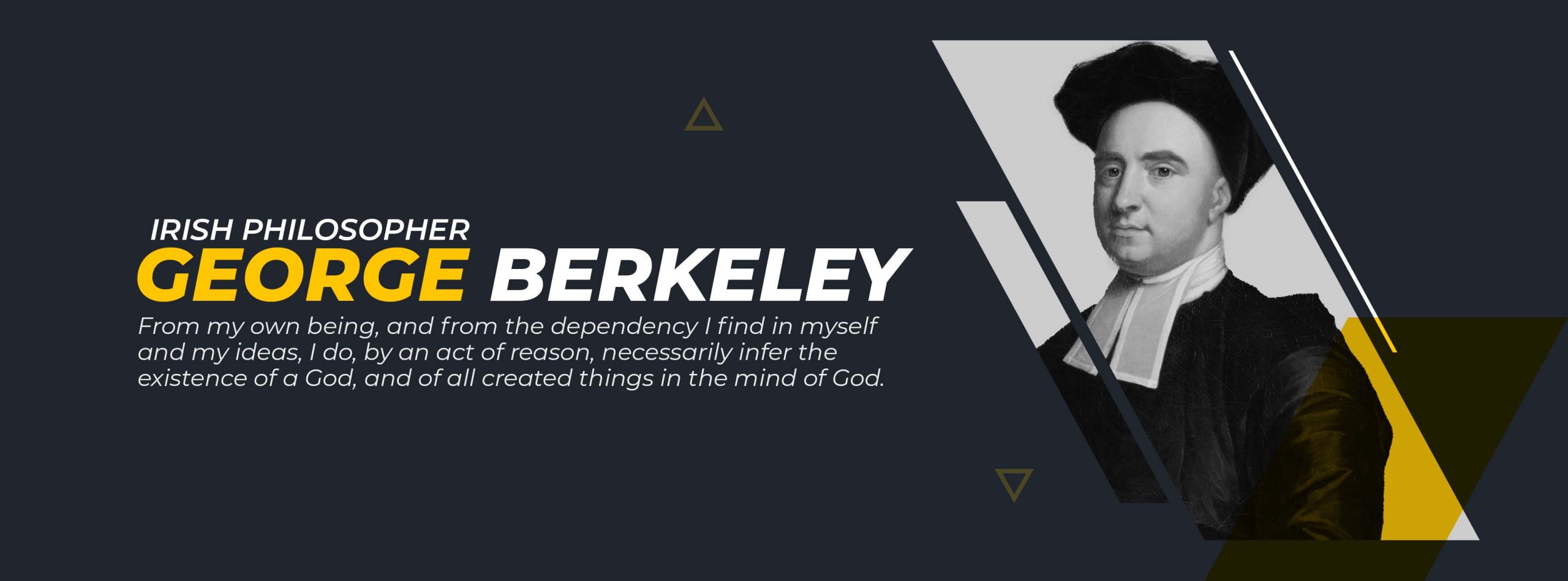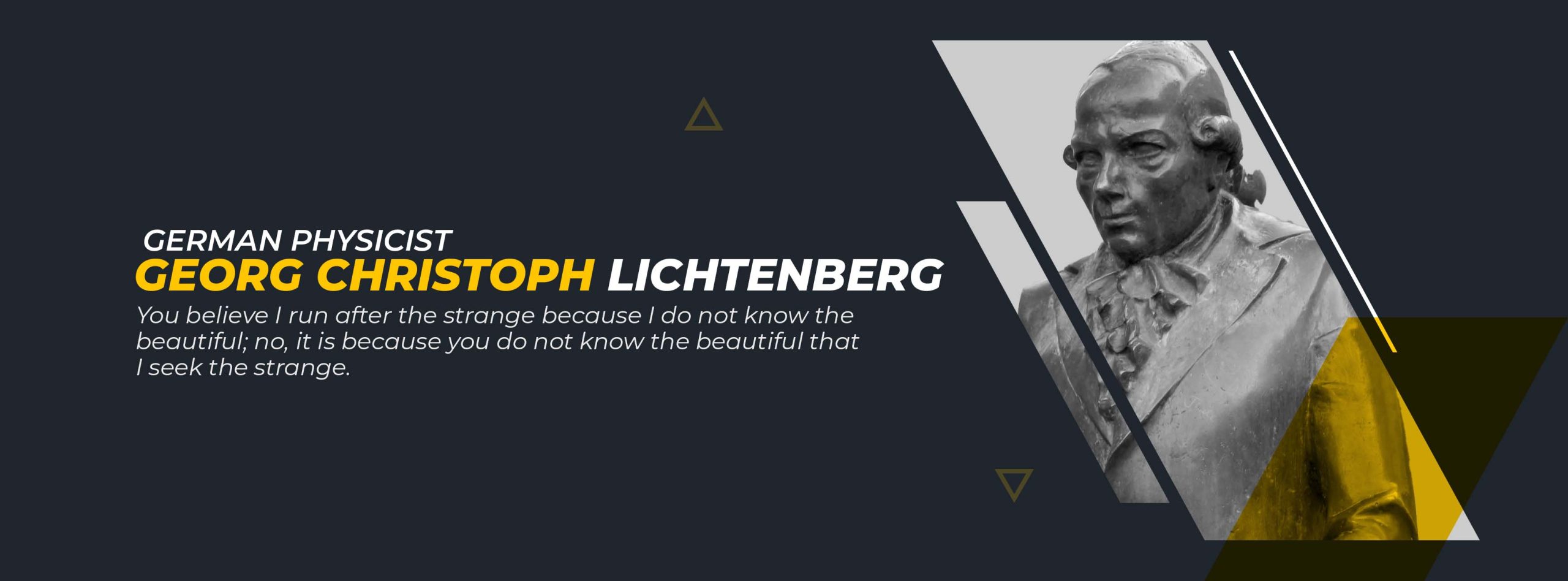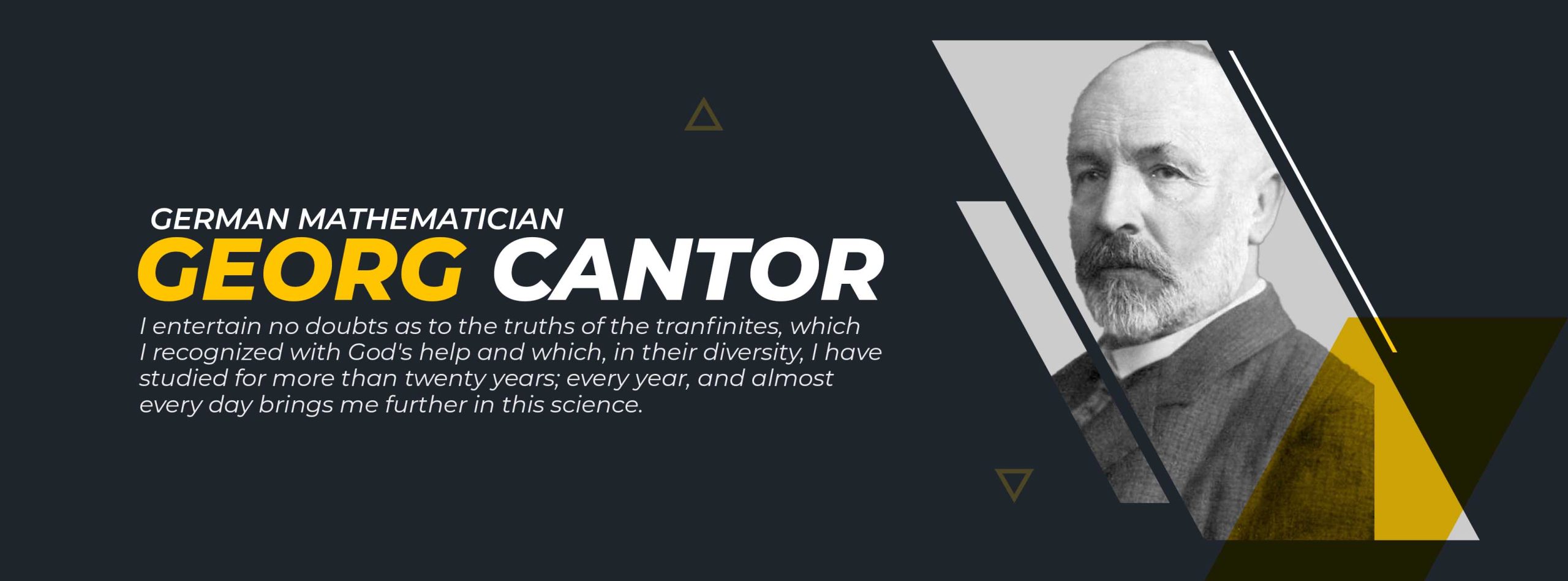Top 10 most inspiring quotes by George Edward Moore
- Can’t I another’s face commend, Or to her virtues be a friend, But instantly your forehead louers, As if her merit lessen’d yours?
- Ay, rail at gaming – ’tis a rich topic, and affords noble declamation. Go, preach against it in the city – you’ll find a congregation in every tavern.
- ‘Tis now the summer of your youth: time has not cropped the roses from your cheek, though sorrow long has washed them.
- I’ll tell thee what it says; it calls me villain, a treacherous husband, a cruel father, a false brother; one lost to nature and her charities; or to say all in one short word, it calls me – Gamester.
- Now, in my opinion, a woman has no business with Power-Power admits no equal, and dismisses friendship for flattery. Besides, it keeps the men at a distance, and that is not always what we wish.
- If I am asked ‘what is good?’ my answer is that good is good, and that is the end of the matter.
- I am free in performing an action if I could have done otherwise if I had chosen to.
- Beauty has wings, and too hastily flies, and love, unrewarded, soon sickens and dies.
- The hours I spend with you I look upon as sort of a perfumed garden, a dim twilight, and a fountain singing to it. You and you alone make me feel that I am alive. Other men it is said have seen angels, but I have seen thee and thou art enough.
- Honesty needs no pains to set itself off.
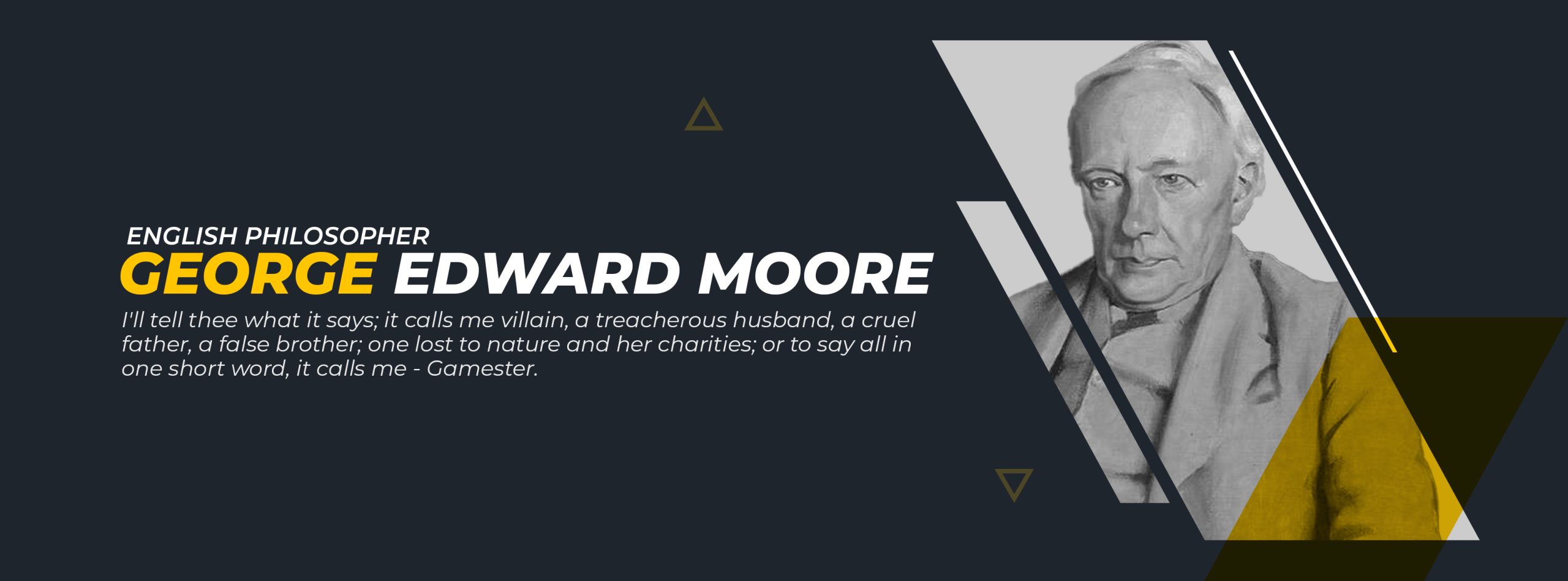
George Edward Moore (1873-1958), known as G. E. Moore, was a highly influential British philosopher who made significant contributions to the fields of ethics, epistemology, and metaphysics. Born in England, Moore attended Trinity College, Cambridge, where he became a Fellow and later a lecturer in Moral Science.
Moore is best known for his ethical theory of intuitionism, which asserts that moral truths are self-evident and can be directly apprehended through moral intuition. He argued against ethical naturalism and utilitarianism, emphasizing the irreducibility of moral concepts and the existence of objective moral facts.
In addition to ethics, Moore made important contributions to epistemology. He distinguished between “propositional knowledge” and “knowledge by acquaintance” and criticized skepticism, arguing that we can have knowledge about the external world through direct perception.
Moore’s philosophical methodology was characterized by rigorous analysis, logical clarity, and a commitment to common sense. He sought to clarify concepts and eliminate philosophical confusion by examining ordinary language and everyday beliefs.
His influential works include “Principia Ethica” (1903), which presented his ethical theory, and “A Defense of Common Sense” (1925), where he defended the validity of ordinary beliefs against skeptical challenges.
Throughout his career, Moore was a prominent figure in the philosophical community and influenced many subsequent philosophers, including Ludwig Wittgenstein and Bertrand Russell. He was also a founding member of the Bloomsbury Group, an influential intellectual and artistic circle in London.
George Edward Moore’s contributions continue to shape contemporary philosophical discourse, and his ideas remain relevant and widely discussed in the field of ethics and beyond.
👉Listen to the best music from all over the world at www.liveonlineradio.net #George_Edward_Moore #quotes #FM #Online_radio #radio #live_online_radio #live #world_radio


